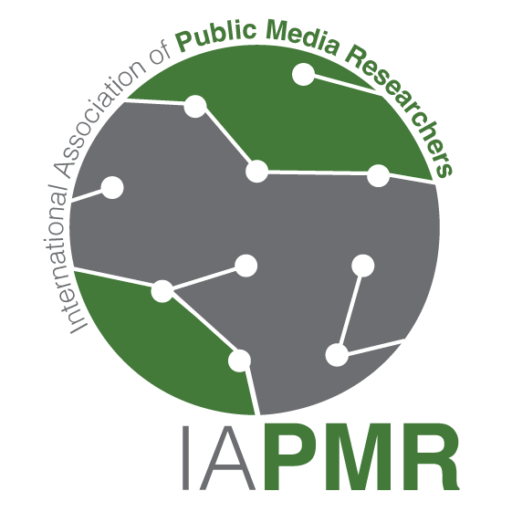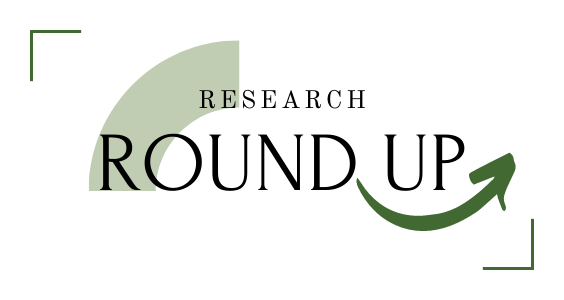It has often been criticized that the lion’s share of academic research on PSM has focused on policy and governance as well as the perspectives of public broadcasters or the broader media industry, rather than taking more account of the perceptions of the audience. This research round-up brings together three selected recent studies that have focused on different aspects of what audiences expect from PSM and the consequences this may entail for both research and practice.
Deimantas Jastramskis | European Journal of Communication, 2024
Conformity of public policy and citizens’ attitudes towards the public service media.
This article examines whether the policy, governance, and funding frameworks for PSM are in line with how citizens would expect them to function. While researchers have often pointed out that citizens have little say in media policymaking, this study uses a survey representative of Lithuanian society to find out how citizens would actually shape the overall legal and policy framework for public broadcaster LRT. Among the main findings, while citizens would continue to fund LRT from the general state budget rather than establishing a more direct link through an income-based LRT fee, they would support LRT being more accountable to society.
Read the full paper here.
Marína Urbániková and Klára Smejkal | Media and Communication, 2023
Trust and Distrust in Public Service Media: A Case Study from the Czech Republic.
This qualitative study sheds light on citizens’ motives for trusting or distrusting PSM. In four focus group discussions, the authors let a total of 24 participants express their assessments of the trustworthiness of both Czech TV and Czech Radio, two relatively trusted news sources in a country with otherwise low media trust figures. The paper provides further evidence for scholars to treat the two much debated concepts of trust and distrust differently rather than as two sides of the same coin. The authors conclude that distrust of PSM does not necessarily coincide with a negative assessment of its performance and point to the importance of non-news content for citizens’ evaluation of PSM beyond the more polarized issues of current affairs.
Read the full paper here.
Annika Sehl and Maximilian Eder | Journalism and Media, 2023
News Personalization and Public Service Media: The Audience Perspective in Three European Countries.
News personalization on digital platforms challenges PSM’s traditional mission of universality. This three-country study on France, Germany and the UK explores audience expectations and perceptions of news personalization, comparing users and non-users of PSM news. The results show that universality, i.e., providing a forum for a diversity of topics and viewpoints, is not only a common legal obligation for PSM, but also something that its users expect from it, especially in Germany and the UK. Sehl and Eder argue that PSM organizations that use recommender systems should explain how these systems work to satisfy their users’ desire for transparency.
Read the full paper here.

